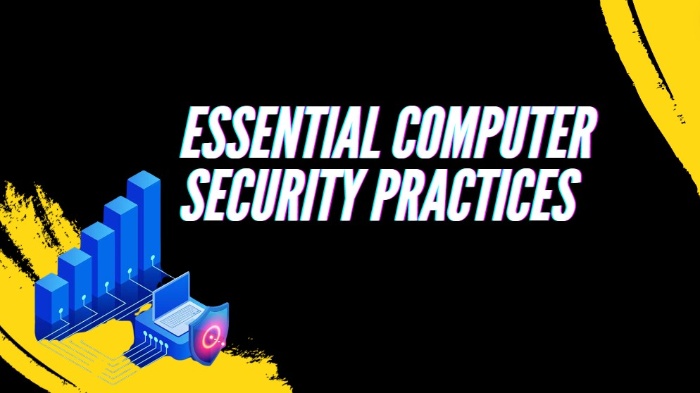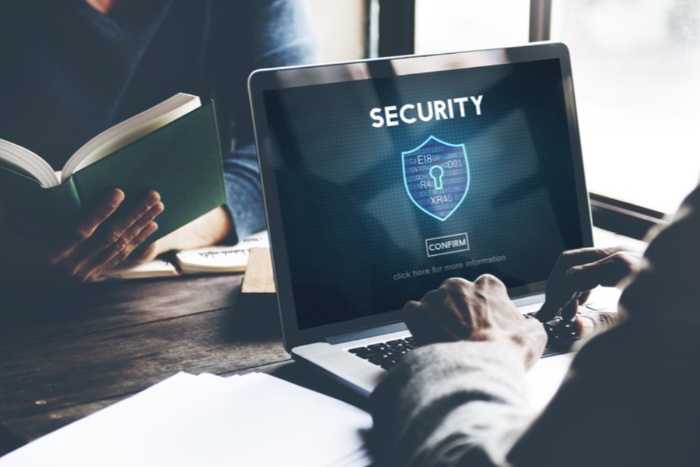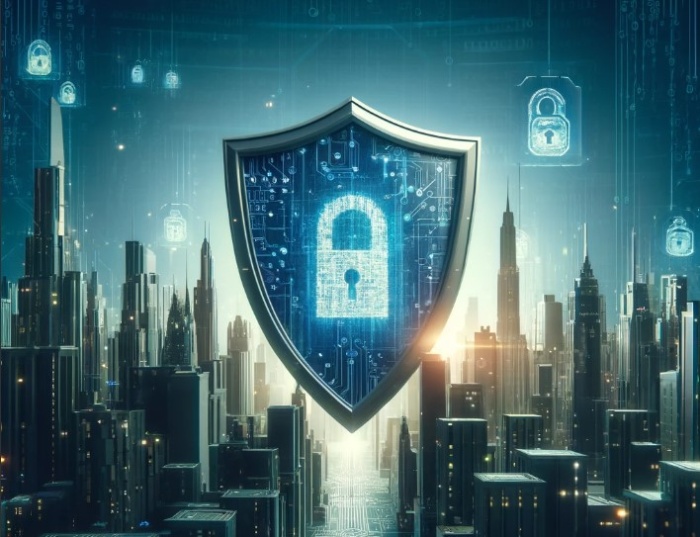Essential Computer Security Practices: Protecting Your Digital Presence

In today’s digital era, safeguarding your computer against viruses, hacking, and identity theft is paramount. Whether it’s a machine maintained by department staff or your own personal device, understanding and implementing best security practices is crucial.
Secure Your Computer System
For department-managed computers, rest assured that automatic updates and antivirus software are standard. However, maintaining secure passwords and being vigilant about email scams and suspicious web activities is essential.
If you’re setting up your own system, the responsibility to secure it before connecting to any network lies with you. Windows users should opt for a supported version of Windows 10, unless specific circumstances dictate otherwise. Check the support status of your Windows 10 version here.
Optimal Password Strategies
Your login password acts as the first barrier against unauthorized access. Utilize a robust password for each account to minimize security breaches. Here are some dos and don’ts for creating a strong password:
DO:
- Use at least 8 characters.
- Include a mix of upper and lower case letters.
- Add numbers and punctuation.
- Update your passwords periodically, ideally every six months.
DO NOT:
- Choose words from any standard dictionary.
- Use easily guessable names, such as family members or pets.
- Opt for personal information like birth dates or ID numbers.
- Share your password with others.
System and Application Updates
No matter the operating system, keeping it and your major applications up-to-date is non-negotiable. Enable automatic updates where available, especially for critical software like MS Office and web browsers.
Specific Tips:
Mac OS X: In System Preferences, go to the Software Updates panel and set it to check for updates daily or weekly. While updates won’t install automatically, OS X will prompt you to download and install them.
Microsoft Office: Use Office 365 to ensure automatic security updates. This is freely available to UW students, faculty, and staff. More details can be found here.
Anti-virus Software
UW provides Sophos Antivirus under a site license, which you can download for free here. Ensure you keep track of the necessary credentials for installation.
Email Vigilance
Be wary of emails from unknown sources. Viruses can sometimes come from known contacts if their machine is compromised. If an email looks suspicious or unexpected, it’s safer to delete it.
Guard Against Phishing
Phishing scams use fraudulent emails and websites to steal personal information. They might mimic reputable brands to appear legitimate. Never click links in suspicious emails; instead, type the website URL directly into your browser. For more information on phishing and protective measures, visit What is Phishing.
Spyware Awareness
Spyware can stealthily collect sensitive information. Using anti-spyware tools is crucial if you frequently handle sensitive transactions like online banking. Learn more about spyware and how to protect yourself here.
Data Backup
Frequent data backups are your best defense against data loss. Automated backups can be facilitated with external drives and backup software. Additionally, regularly save important files to DVDs or other permanent media to ensure data integrity across multiple locations.
By adhering to these guidelines, you can significantly enhance the security of your digital environment and protect yourself from potential cyber threats.


